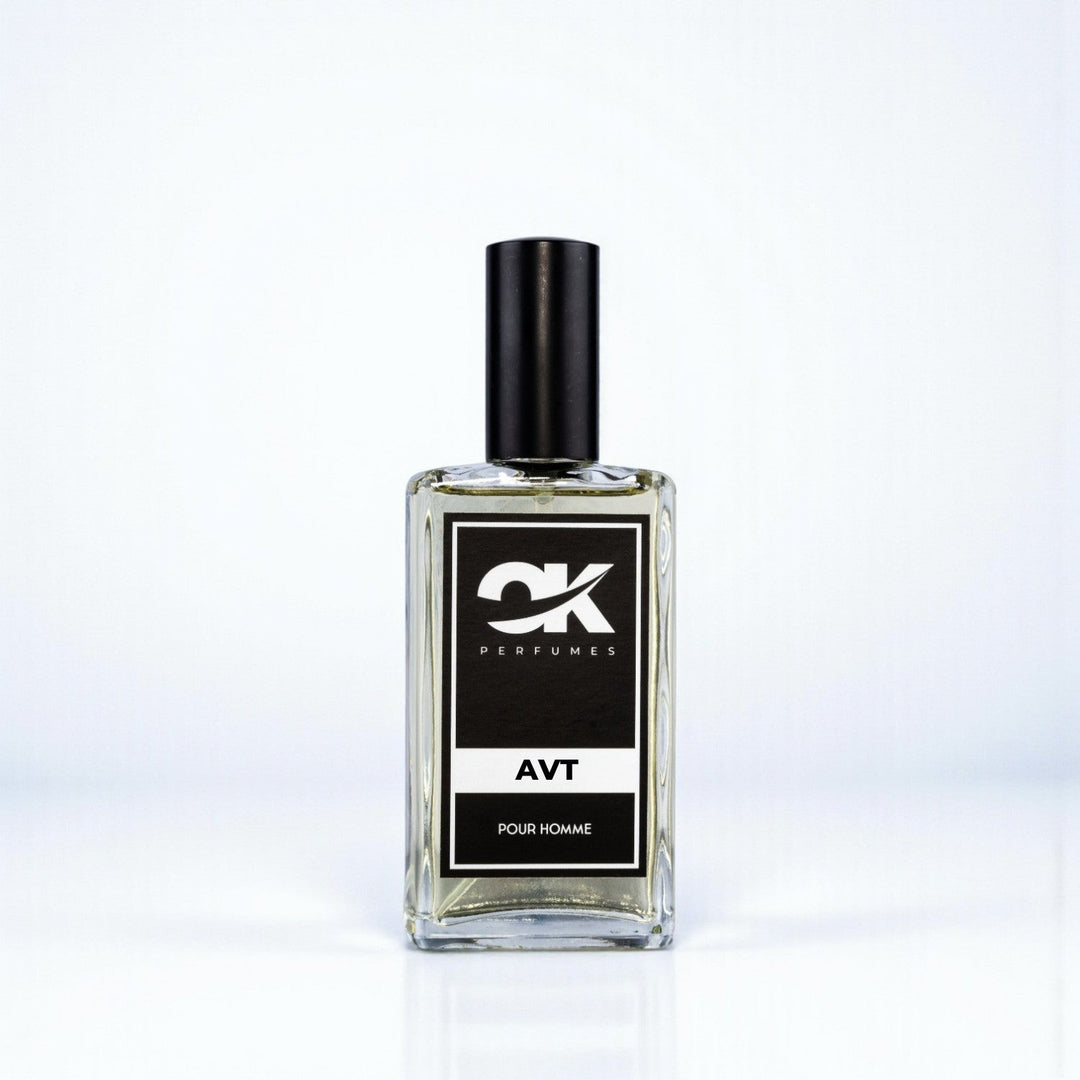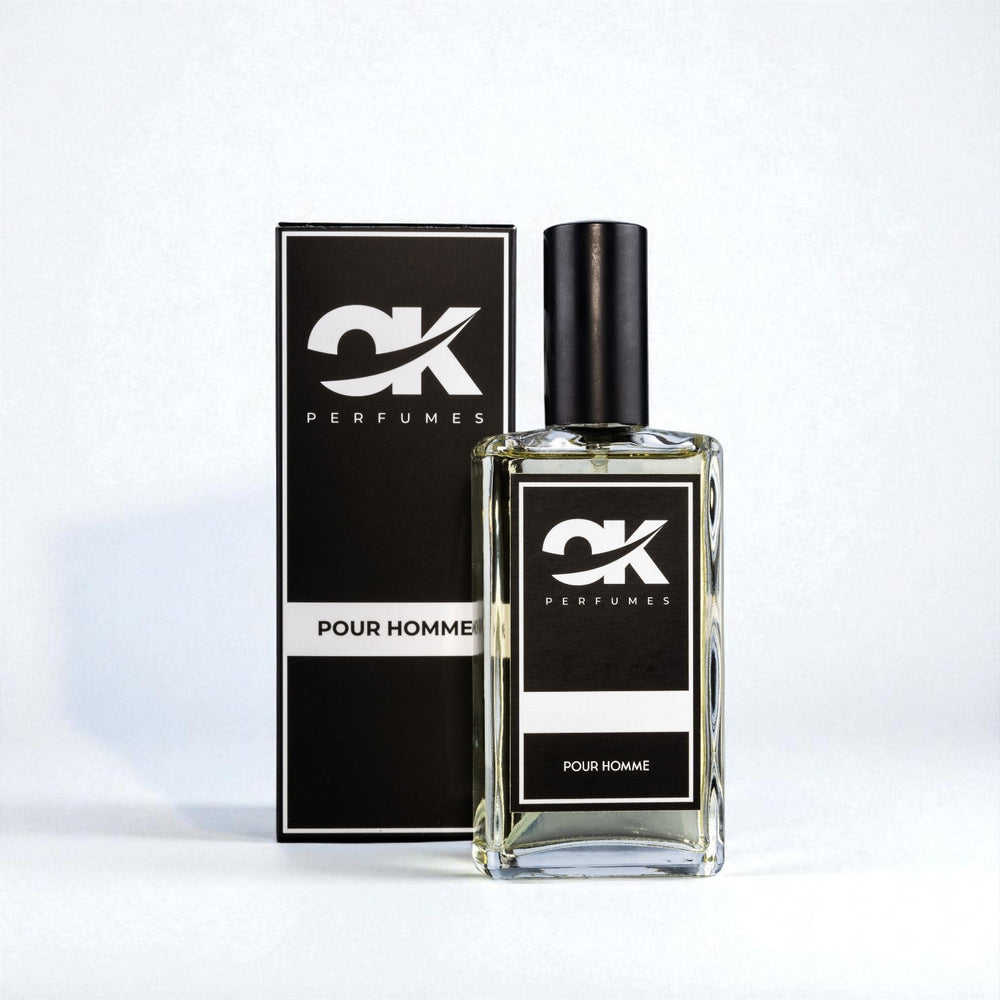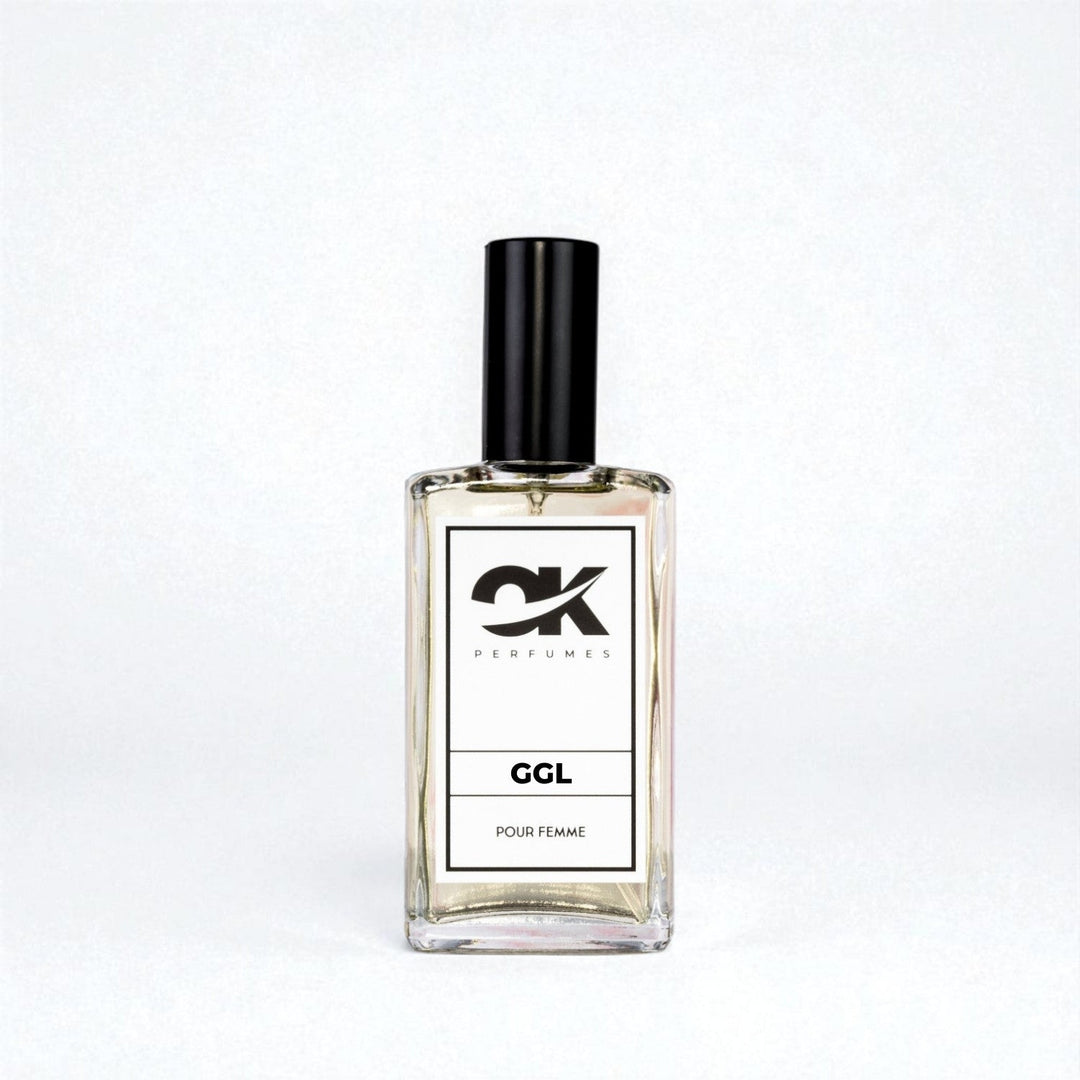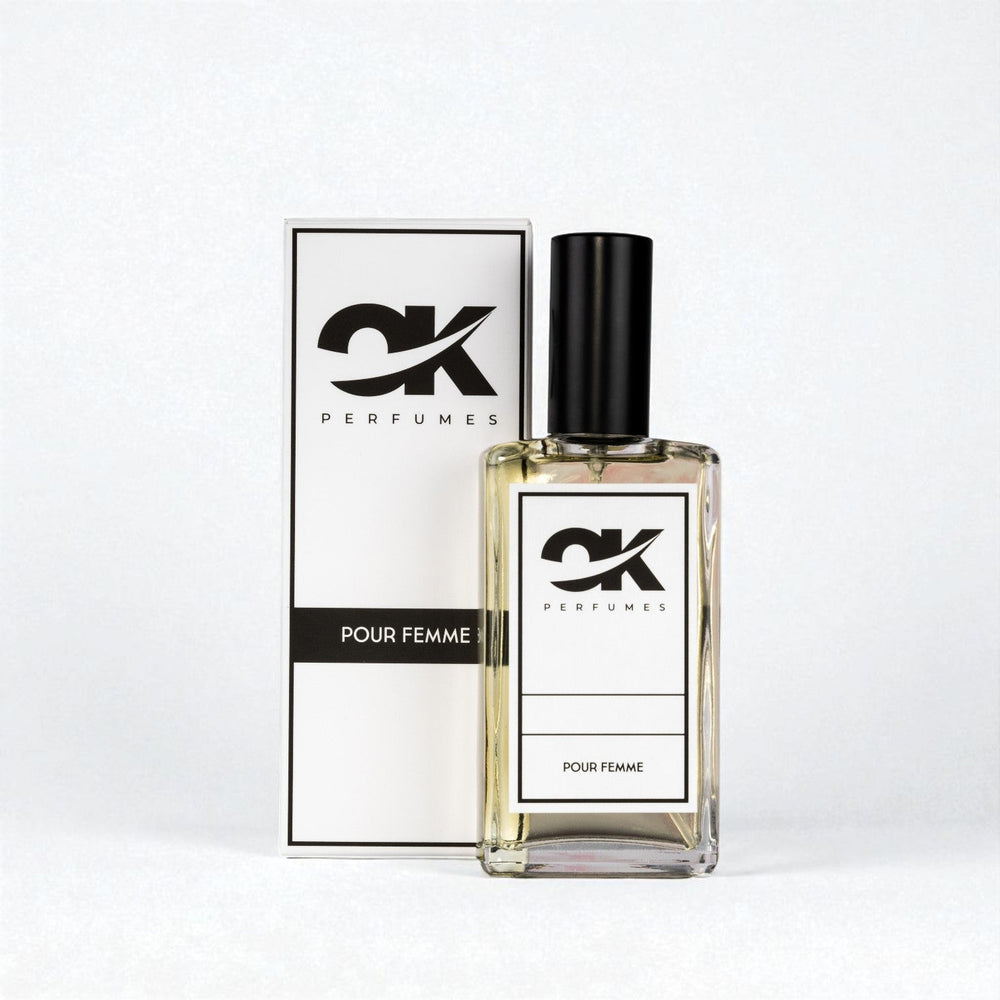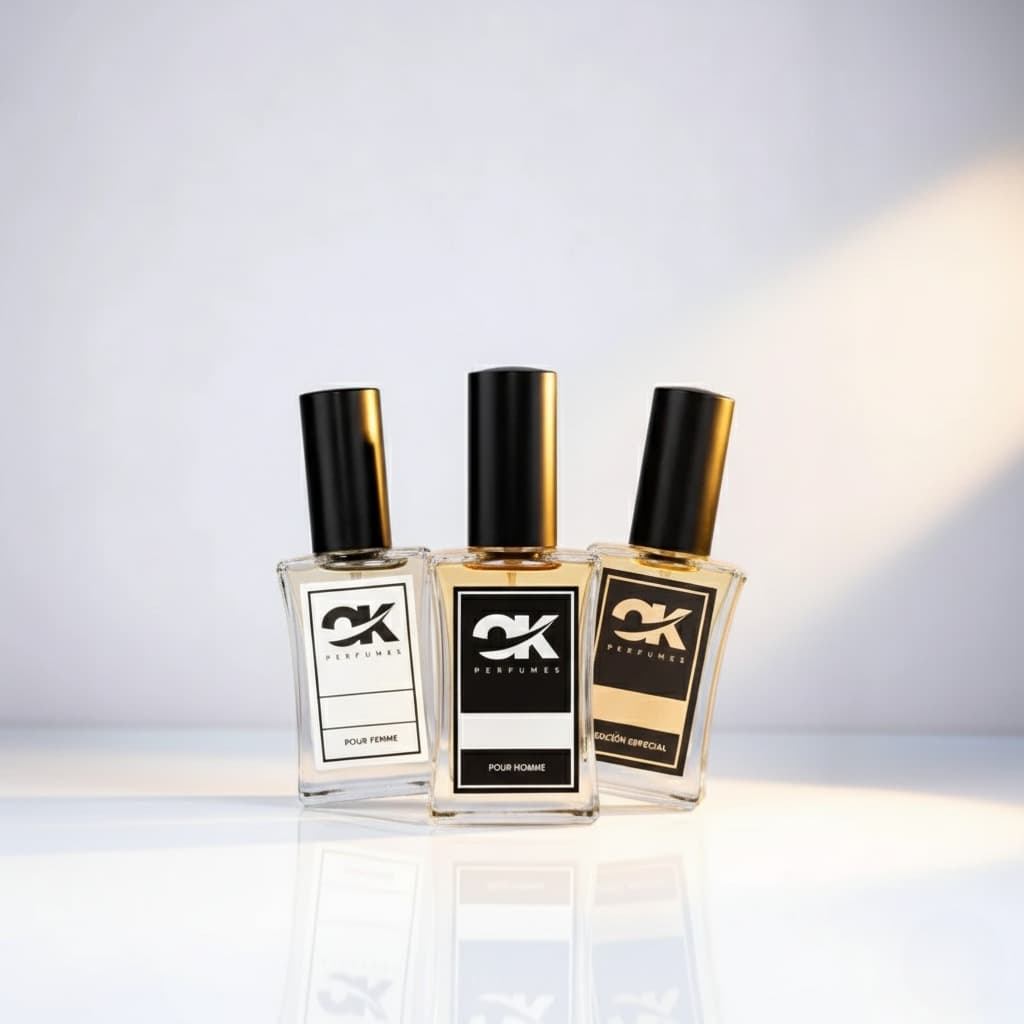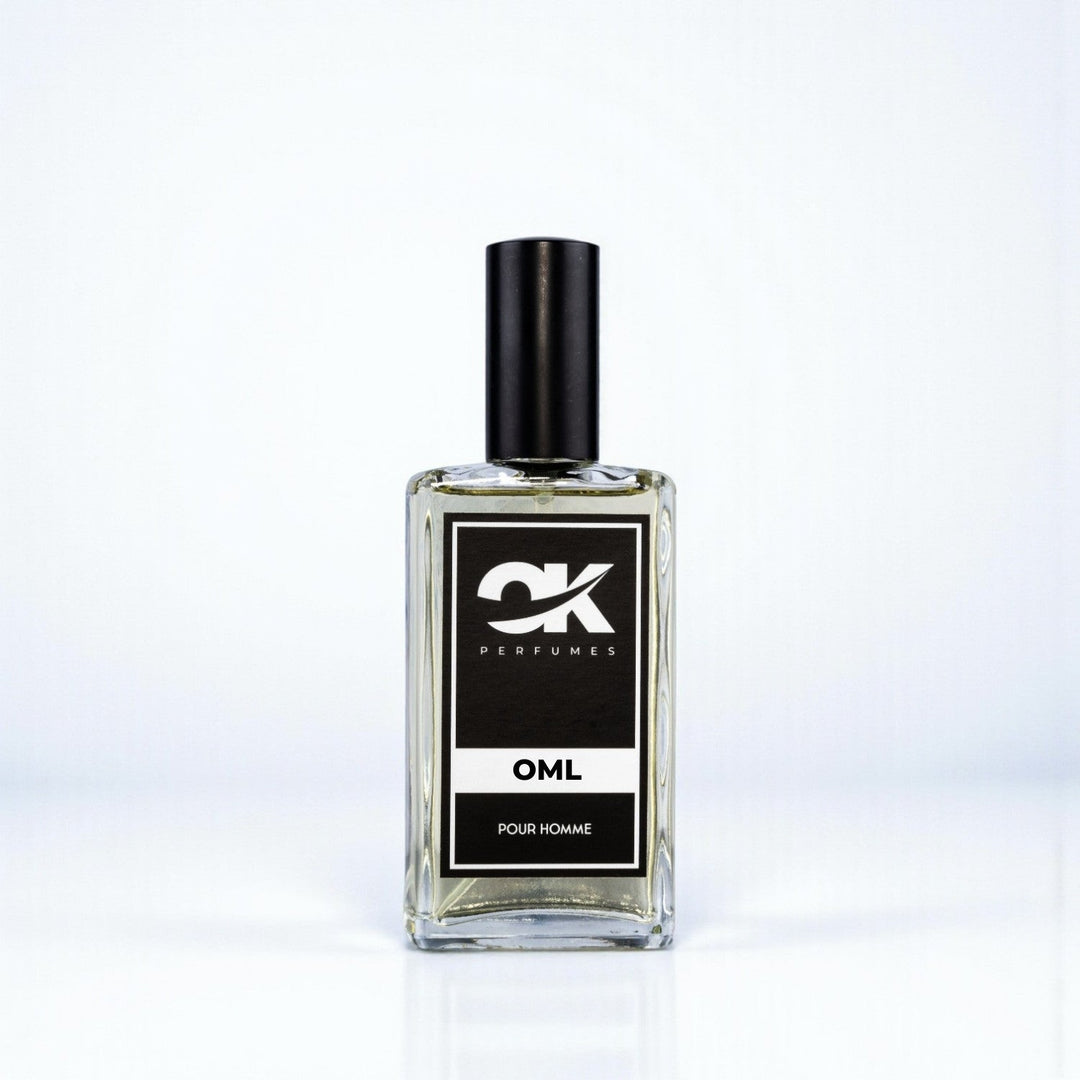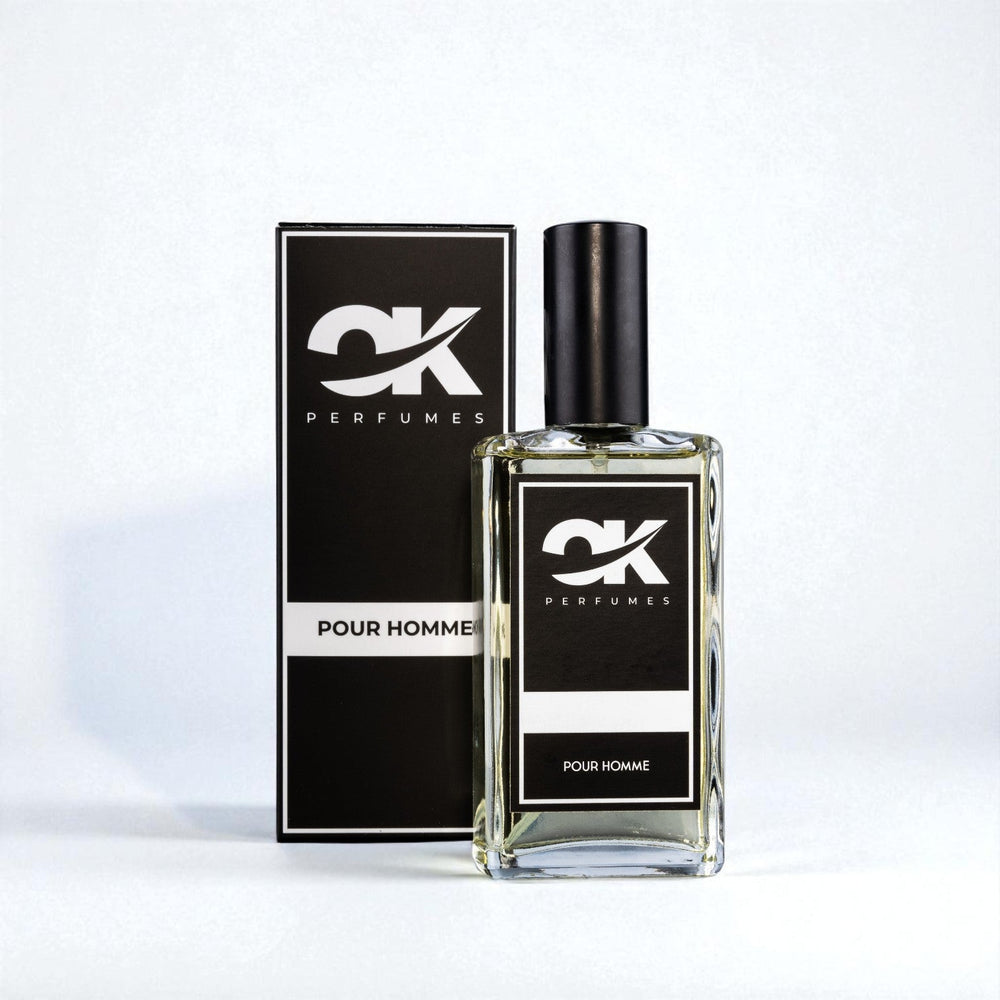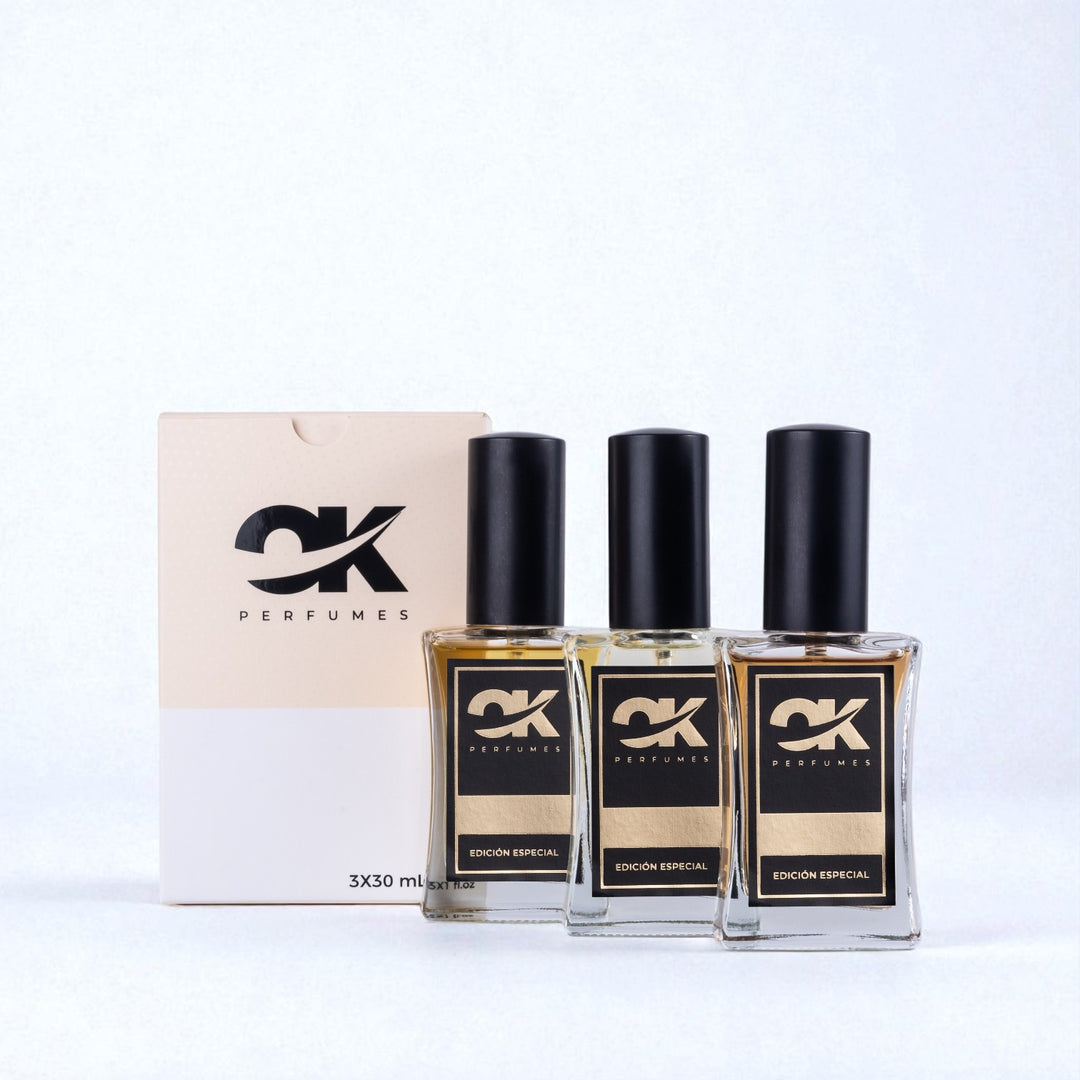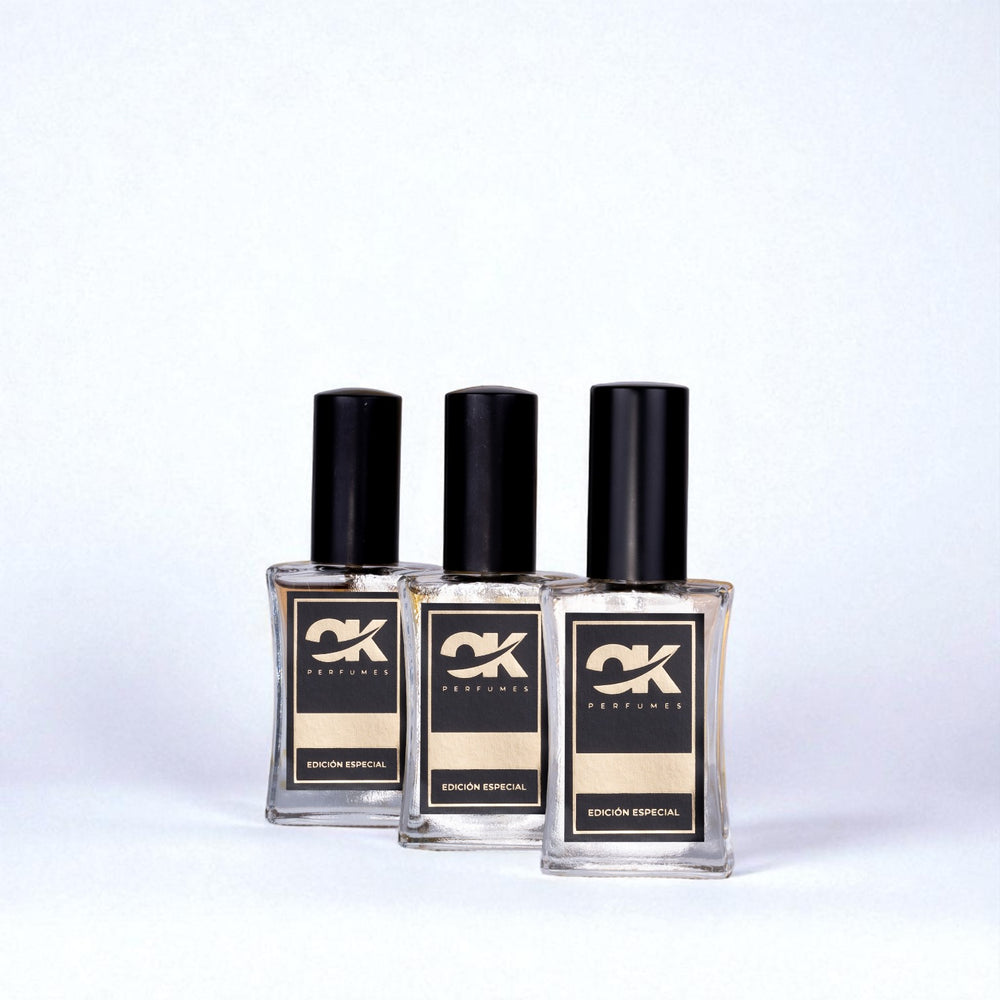How to Read Perfume Labels: The Essential Guide
Frequently Asked Questions
1. What is the importance of labels on perfumes?
2. What are the olfactory notes in a perfume?
3. What do perfume concentrations mean?
4. Is it advisable to use perfume in hot climates?
5. How can I choose the right perfume for me?
Understanding perfume labels can be a challenge. However, knowing the ingredients, fragrances, and concentrations will allow you to make more informed choices. In this article, we'll delve into how to read perfume labels easily and effectively. Get ready to become a fragrance expert!
The importance of labels on perfumes
Perfume labels are more than just decoration. They provide key information that can enhance your fragrance shopping and wearing experience. By reading these labels properly, you can discover scent notes, fragrance concentration, and much more.
Olfactory notes: the soul of the perfume
Olfactory notes are the vital components that make up a perfume's aroma. They are divided into three categories:
- Top notes: These are the fragrances you perceive when applying the perfume. They are generally fresh and light, like citrus or fruit.
- Heart notes: These notes emerge once the top notes evaporate. They tend to be deeper and richer, like flowers or spices.
- Base notes: These become noticeable over time and are the ones that linger. They typically include wood, musk, or vanilla.
Understanding these notes will help you choose a perfume similar to Fierce or any other fragrance that fits your personality and lifestyle.
Perfume concentrations: what does it mean?
Concentrations indicate the amount of fragrance oils in a perfume compared to alcohol and other components. The main categories include:
- Perfume (Parfum): Contains between 20% and 30% oils, which provides the longest lasting fragrance.
- Eau de parfum (EDP): Contains between 15% and 20% oils, offering good duration and projection.
- Eau de toilette (EDT): Contains 5% to 15% oils, ideal for daily use.
- Eau de Cologne (EDC): Generally found in a lower concentration, between 2% and 5%, making it perfect for cool moments.
Why choose a high concentration?
If you're looking for a fragrance that lasts throughout the day, it's best to opt for a highly concentrated perfume. This means fewer applications are needed and, therefore, more efficient use of your product.
Chemical components: what you should know
Labels may also list the ingredients used in the fragrance. You'll often find synthetic or natural components. Here are some common examples:
- Essential oils: They come from plants and are considered more natural and pleasant.
- Synthetic compounds: These are created in laboratories and allow the reproduction of odors that are difficult to find in nature.
Allergens and precautions
It's essential to pay attention to any allergens that may be present in the ingredients. Many labels include warnings about potential allergens, which is especially important for those with sensitive skin.
Instructions for use and application
Labels may also include instructions on how to apply the perfume to maximize its duration and effect. Some recommendations include:
- Apply to clean, dry skin for better absorption.
- Spray on pulse areas such as wrists, behind the ears, and on the inside of the elbows.
- Avoid rubbing your wrists together after application, as this may alter the fragrance.
Storing perfume correctly
The way you store your perfumes is crucial to maintaining their quality. Some recommendations include:
- Store the perfume in a cool, dark place.
- Keep away from direct sunlight and extreme temperature changes.
How to choose the right perfume for you?
Choosing a perfume can seem complicated, but by following these steps, you can find one that perfectly suits your style:
- Identify your olfactory preferences. Ask yourself if you prefer fresh, floral, woody, or spicy scents.
- Try different fragrances on tasting paper before applying them to your skin.
- Ask for samples to try the perfume throughout the day. This way, you can see how it develops on your skin.
Remember: each skin is unique
The pH of your skin influences how a fragrance develops, so what smells good on one person may sound different on another. Therefore, it's critical to always try a fragrance before purchasing.
Best practices to optimize your perfume experience
Your journey into the world of perfume doesn't have to be complicated. By following these tips and knowing how to read labels, you'll have an easier time finding the perfect fragrance. Here are some practices you can adopt:
- Always apply perfume to strategic points where your pulse is strongest.
- Use an unscented moisturizer before applying perfume to help the fragrance last longer.
- Avoid mixing different scents, as this can overwhelm your sense of smell and make it difficult to choose a suitable perfume.
The art of combining perfumes
An emerging trend is combining different perfumes to create a unique scent. Understanding scent notes will allow you to experiment with different options and find the perfect combination for you.
Frequently Asked Questions about Perfumes
To clarify any questions you may have, here are some frequently asked questions about perfumes:
Is a brand-name perfume better than a designer one?
Quality isn't always determined by the brand. Some lesser-known brands offer incredible fragrances at a more affordable price. The most important thing is that you like the scent.
Can I wear perfume in hot weather?
Of course, but consider opting for fresh waters or light colognes that won't be too strong in warmer climates.
What is the average duration of a perfume?
The duration of a perfume depends on its concentration. While a parfum can last up to 8 hours, an eau de cologne can only last a couple of hours.
Turn your fragrance choice into an art
Reading perfume labels isn't just about knowing the concentrations and notes. It's a way to connect with what you're wearing and how it relates to your identity. You're crafting a masterpiece that can change your mood and express who you are. So, the next time you're looking for a new perfume, remember that every label has a story to tell. Let your fragrance choice speak for itself!




